You’ve finally upgraded from the world of cash to plastic. There are many different cards out there that allow you to make purchases online and require you to carry fewer actual bills. One of these cards is a debit card. Is this the best option out there? Here are the advantages and disadvantages of using a debit card.

Dean Drobot/shutterstock.com
What is a debit card?
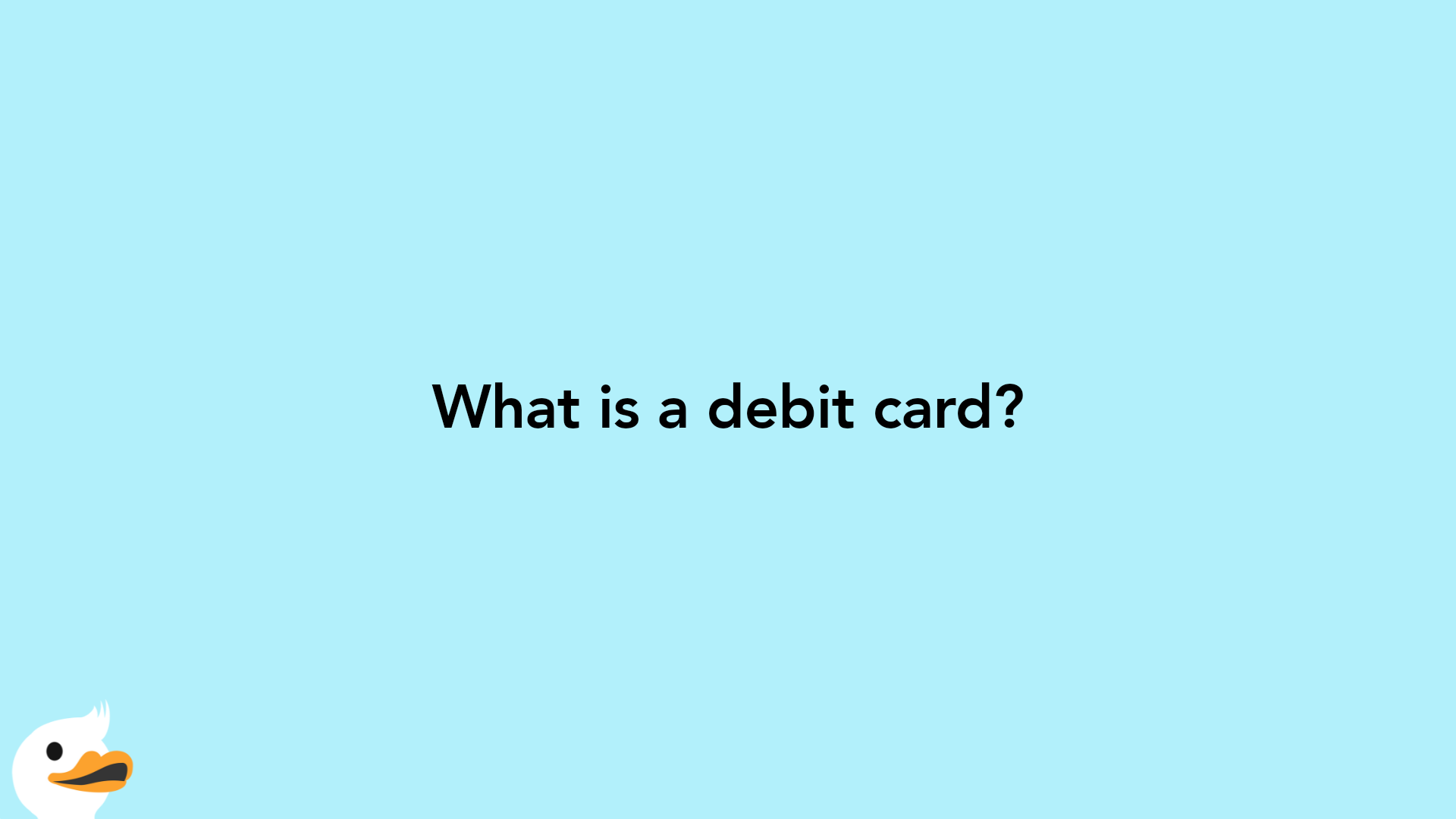
A debit card is a card issued by a bank. This allows you to transfer money electronically, from your checking account to the merchant’s account, when you make a purchase. You may have to use a PIN and sign a receipt.
Advantages of Debit Cards
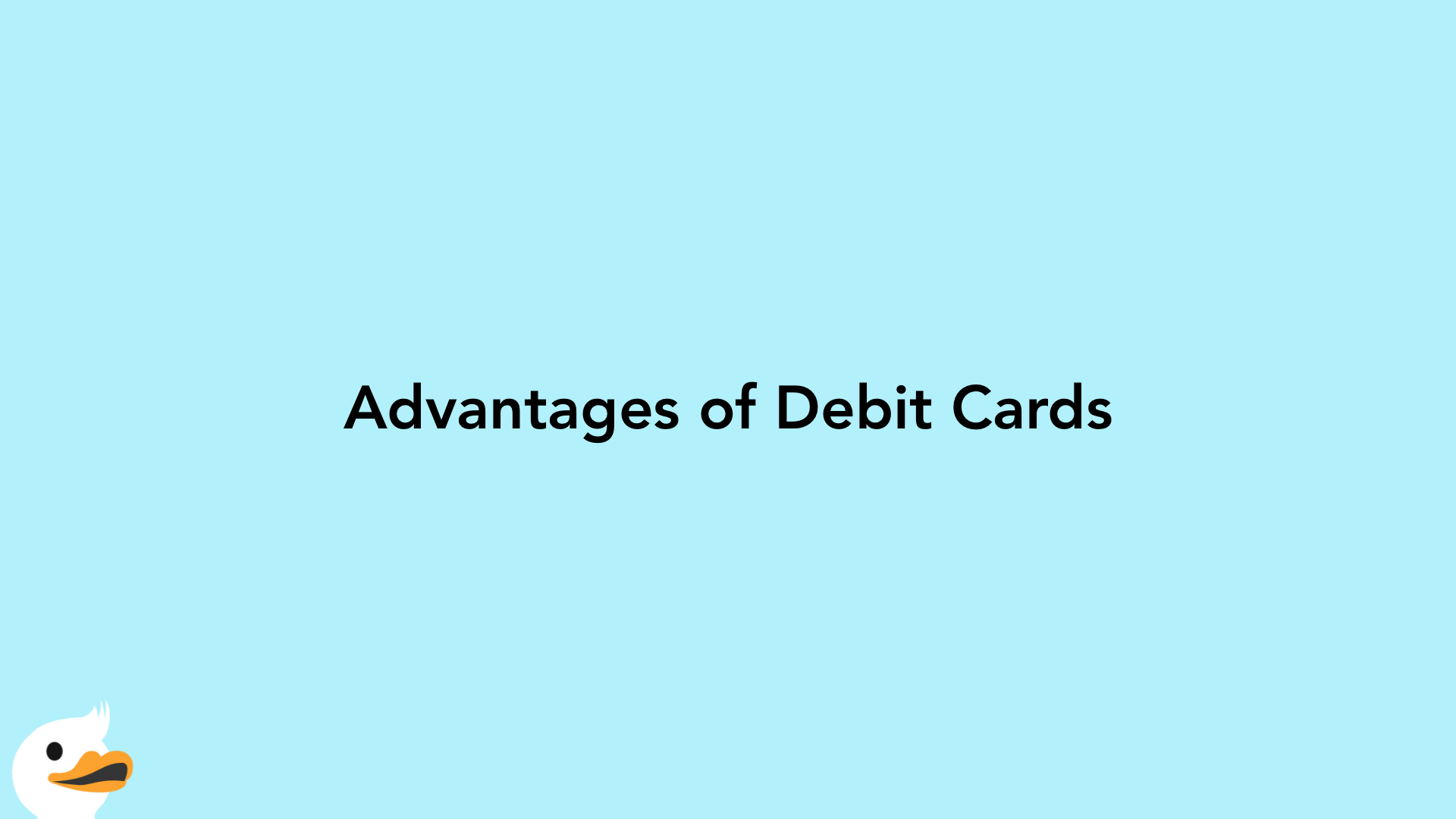
You’ve likely heard of horror stories about people and credit card debt. A debit card stops you from going into debt because your spending limit is only what is available in your checking account. Your card will just stop working if you try to charge more than you have. This is called “overdraft.” Depending on your bank, your checking account may charge you an overdraft fee. Never spend more than you have.
Unlike credit cards, you won’t be charged interest for not paying, since the amount comes straight out of your checking account. Furthermore, there are no annual fees, like some credit cards have. In fact, there are usually no surprise fees or penalties, if you use your debit card properly.
Debit cards are naturally simpler than a credit card. It comes with your checking account. On the other hand, credit cards need a username and password, as well as, an extra payment to remember to pay each month. Your debit card will work almost everywhere a credit card works, except hotels or car rentals.
Debit cards are ideal if you have bad or no credit. If you can get a checking account, you can get a debit card.
For cash withdrawals at ATMs, debit cards are the best option. At times, your ATM card is the same as your debit card! That’s one less card to carry around. Be mindful that you should always use an ATM from your bank. Another bank’s ATM may charge you a fee for withdrawing from them. Withdrawing cash with your credit card will incur fees and the bank will often charge you a percentage. Unless you are in dire need of cash, this is often not a good idea.
Disadvantages of Debit Cards
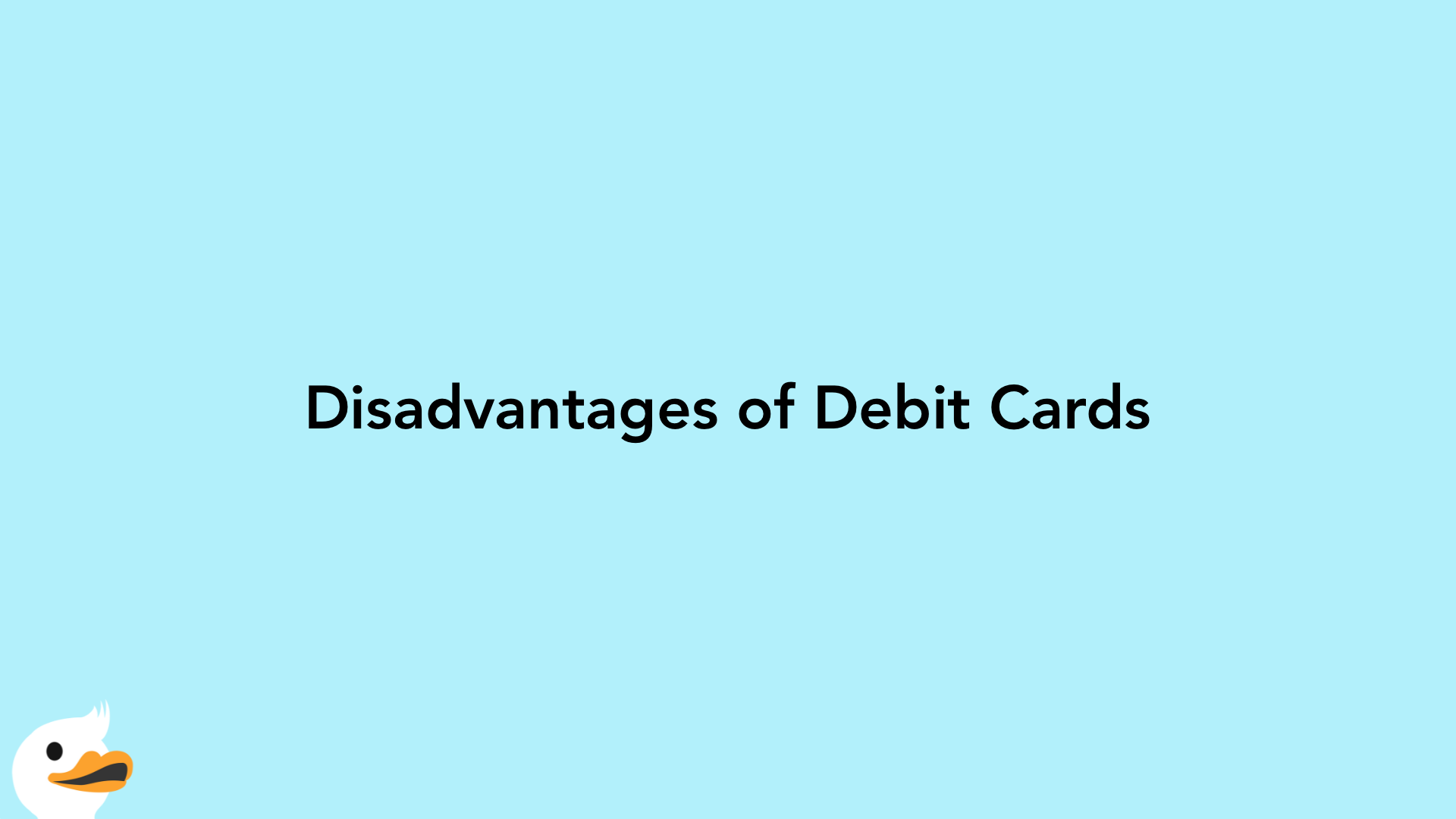
If your card gets stolen, it is more difficult to get your money back. Because debit card transactions are approved immediately, there is little time to block the payment. To get your money back will require a police report and extensive investigation.
Debit cards do not require good credit. This is a double-edged sword because debit cards also do not help you build credit. As a result, a debit card will not help you apply for a home or car loan, when you need it.
Unlike credit cards, debit cards offer little to no rewards or discounts. A credit card may offer you 1.5% cash back on all purchases. However, depending on your debit card, the rewards are often under 1%.
If you need to make a big purchase, a debit card will not help you, unless you already have the money. Credit cards let you buy up to your credit limit. This depends on your income and credit history. However, it will give you more buying power for larger purchases. Unfortunately, debit cards are exactly limited to what is in your checking account.
Final Thoughts

If you use your debit card as designed, it is wise to keep a running balance of your checking account to make sure you do not accidentally overdraw your account. It’s always good advice to never spend money you don’t have.
Because your debit card is a direct line to your money, never write down your pin. This increases your risk of having your checking account cleared out by thieves if your wallet ever goes missing.
Debit cards are a good fit for people with bad or no credit and can help prevent overspending. It is simpler to get and gives you the ability to withdraw cash from an ATM. Furthermore, you can use it for online purchases or almost anywhere credit card are accepted. Depending on your situation, a debit card could be perfect.


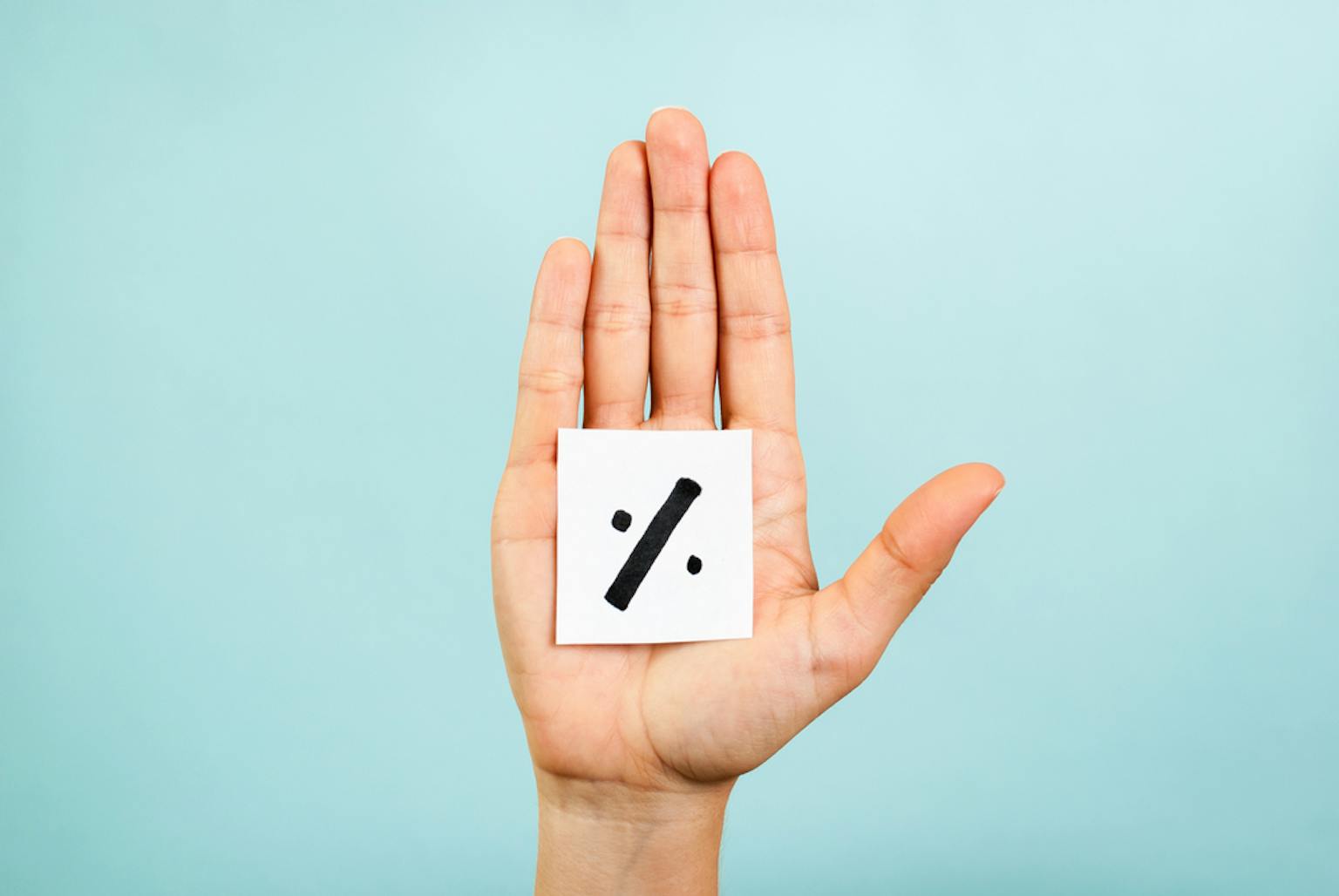



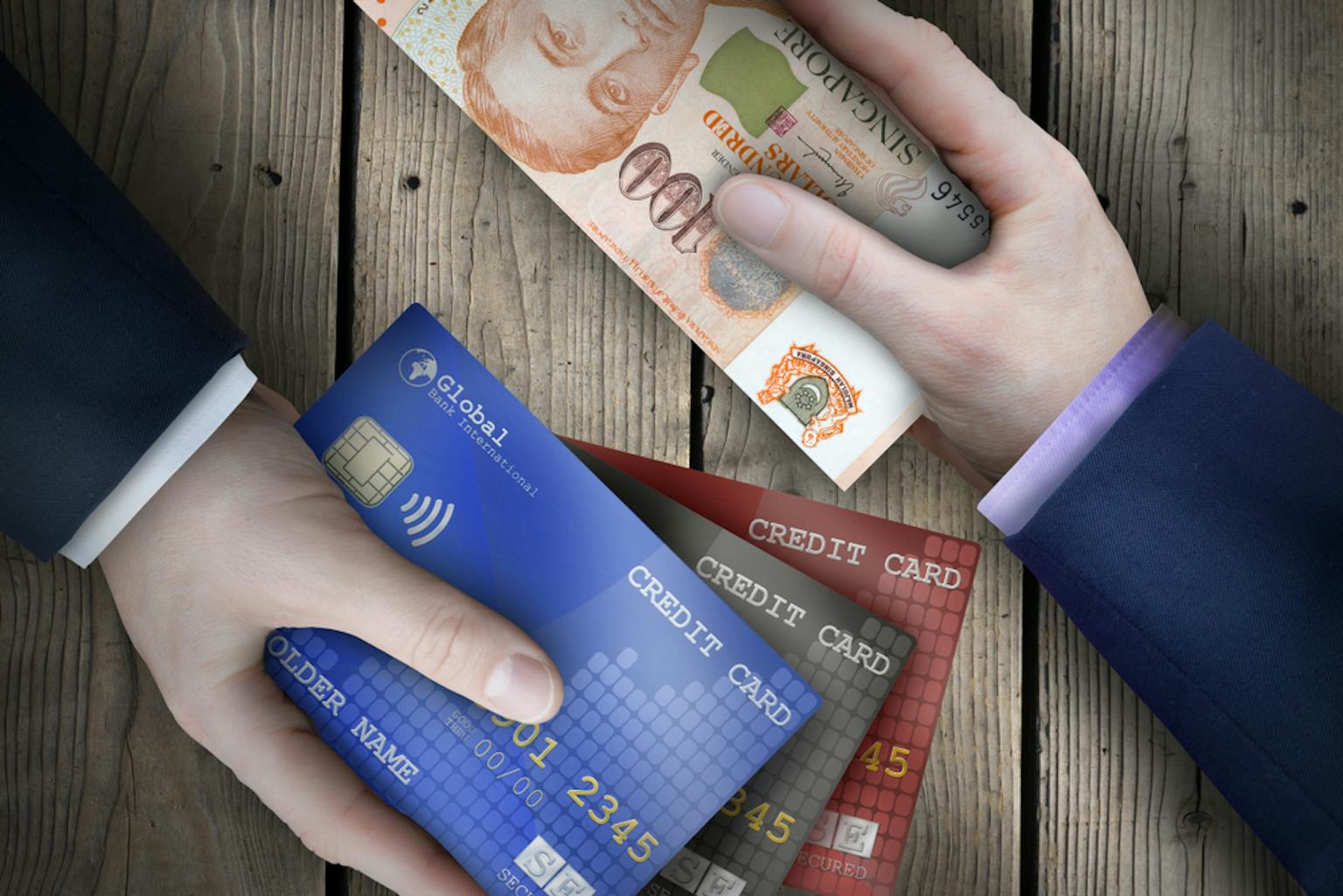
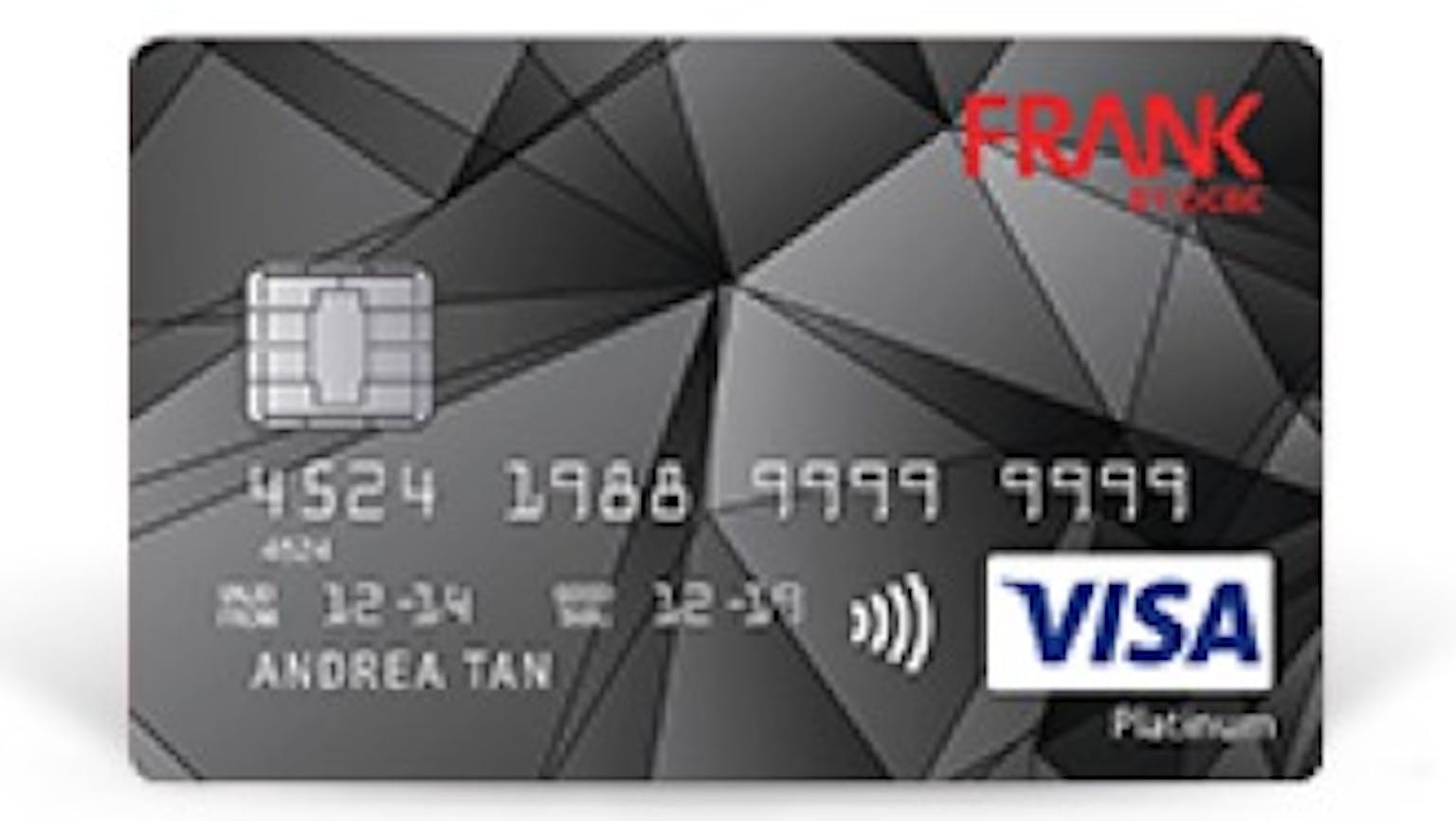
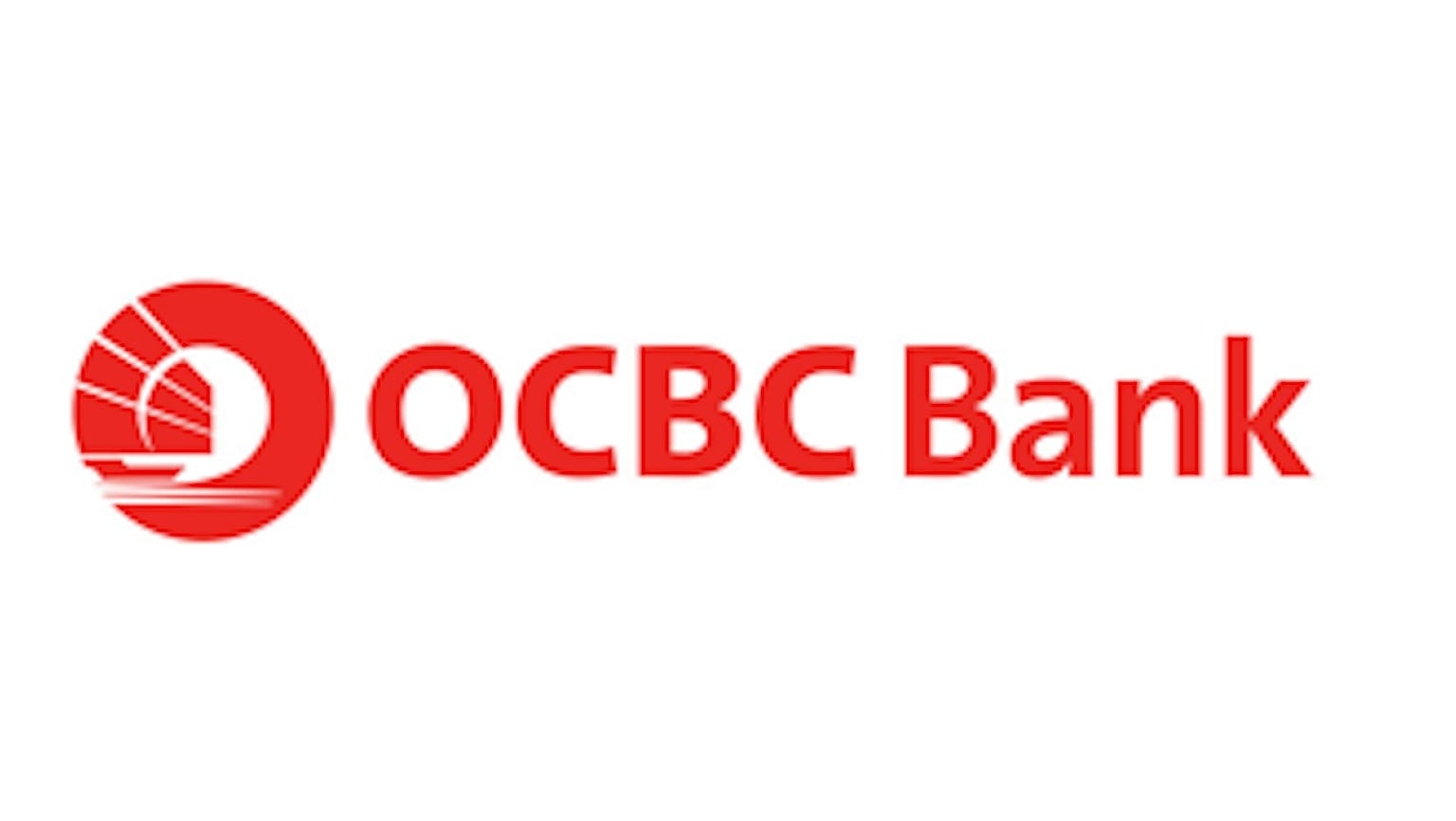
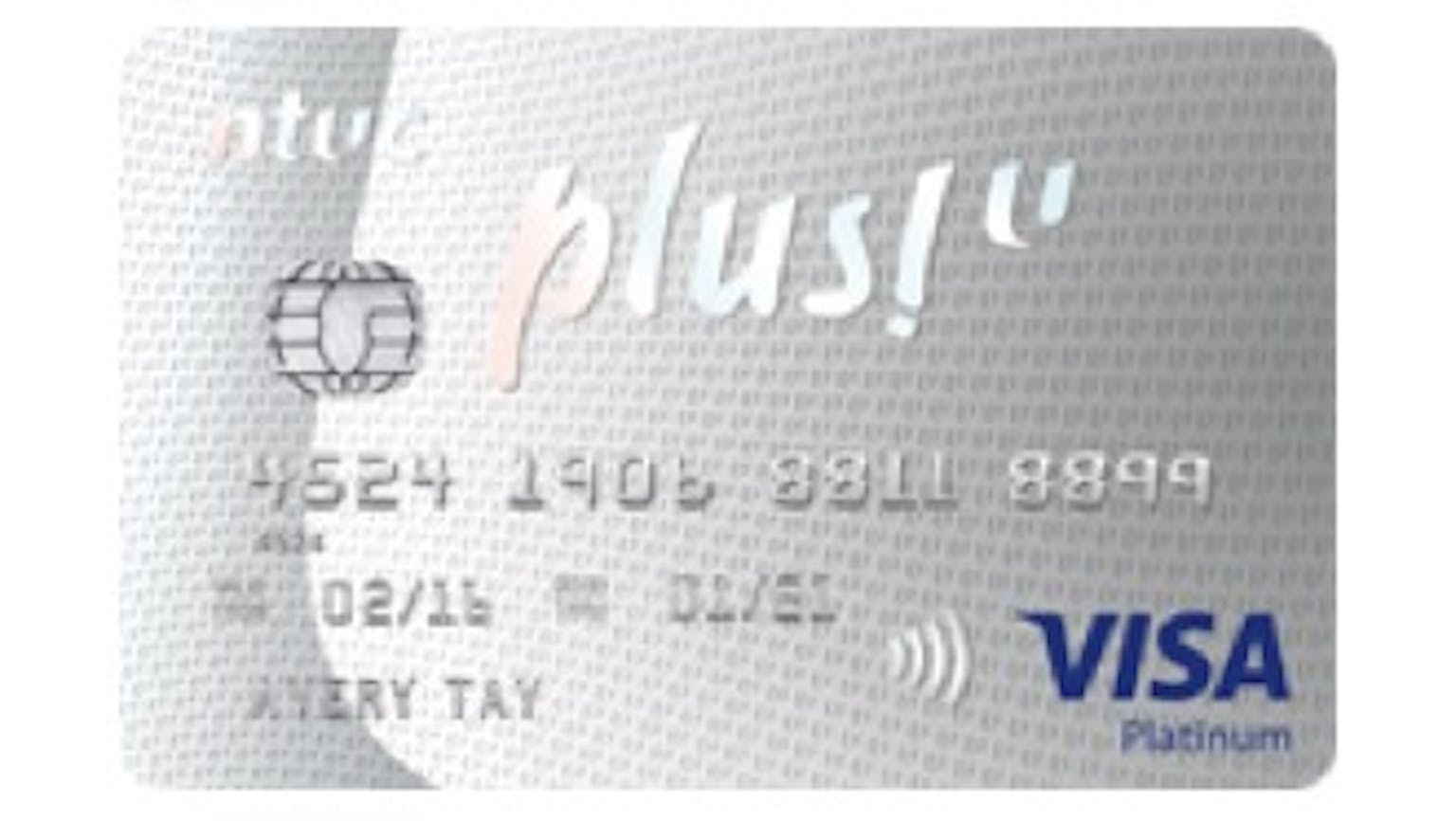
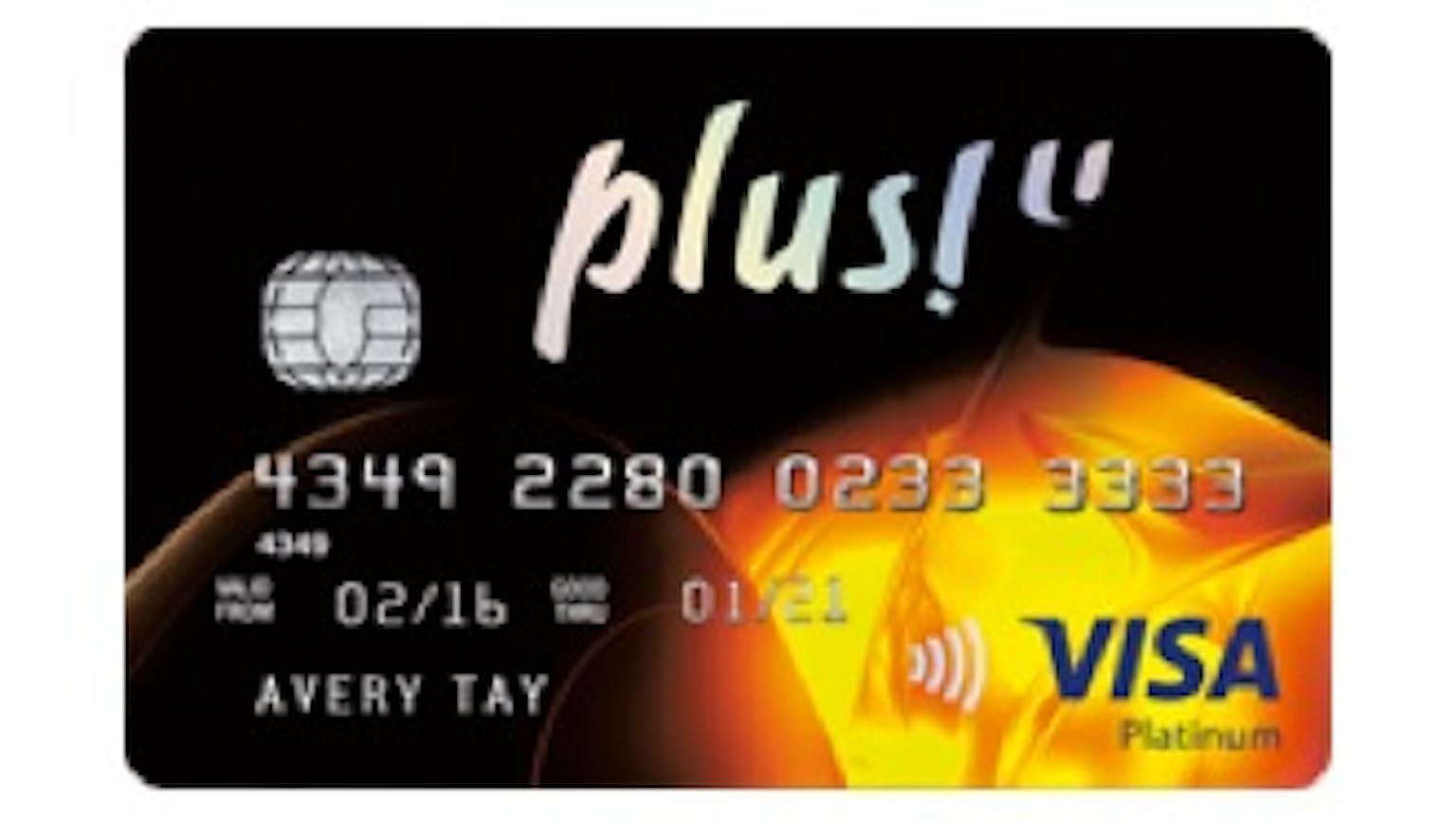
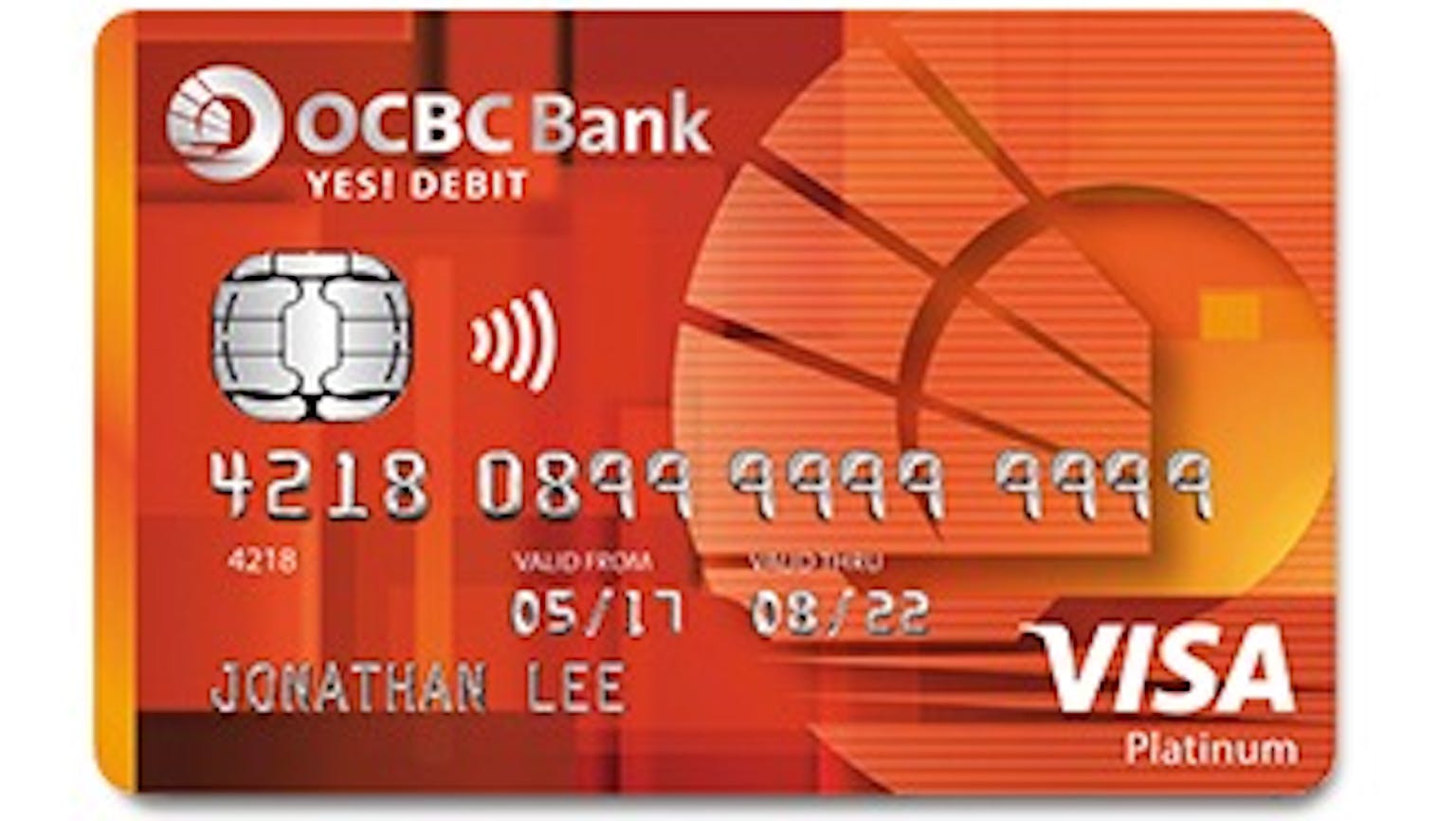
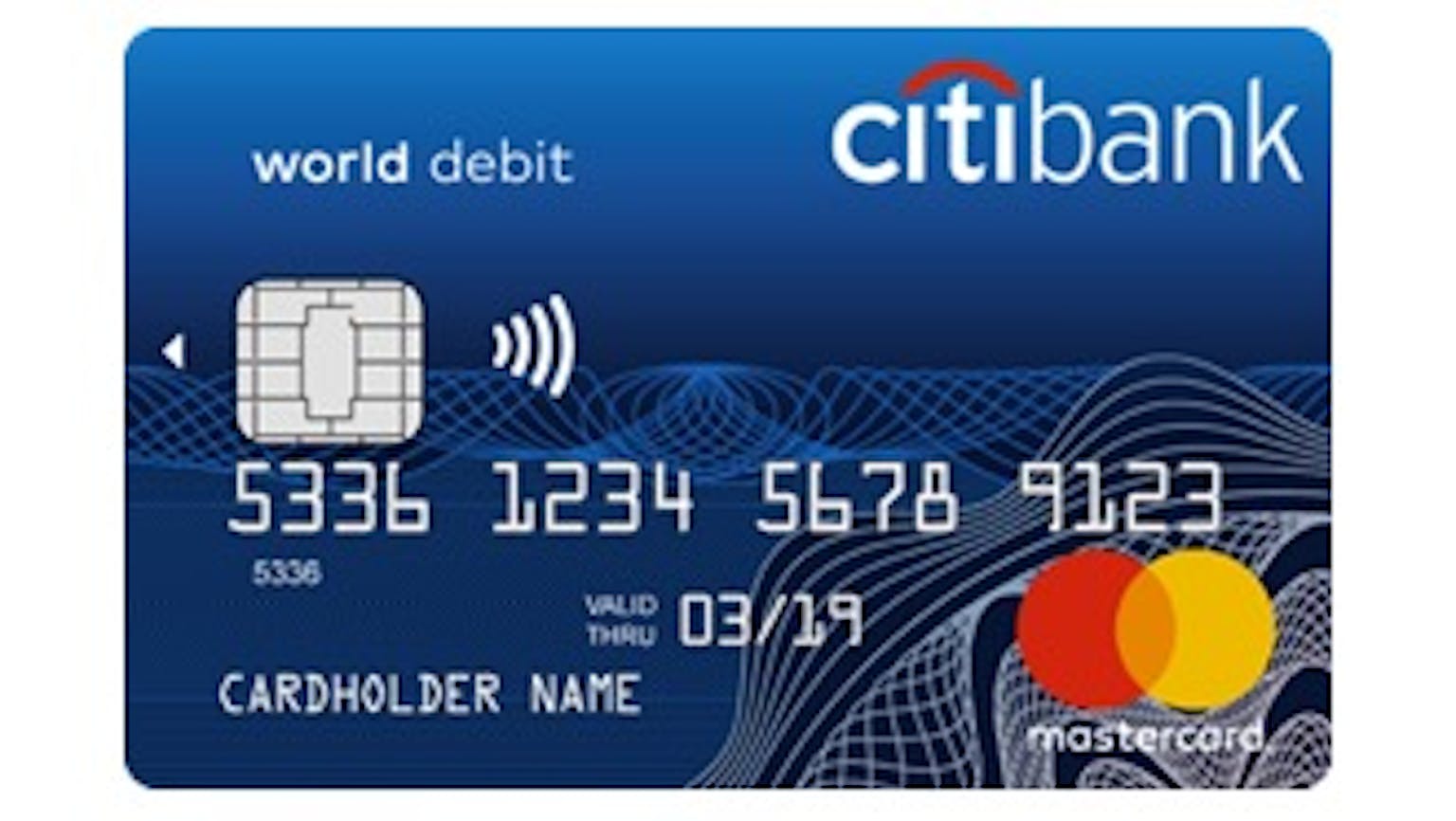
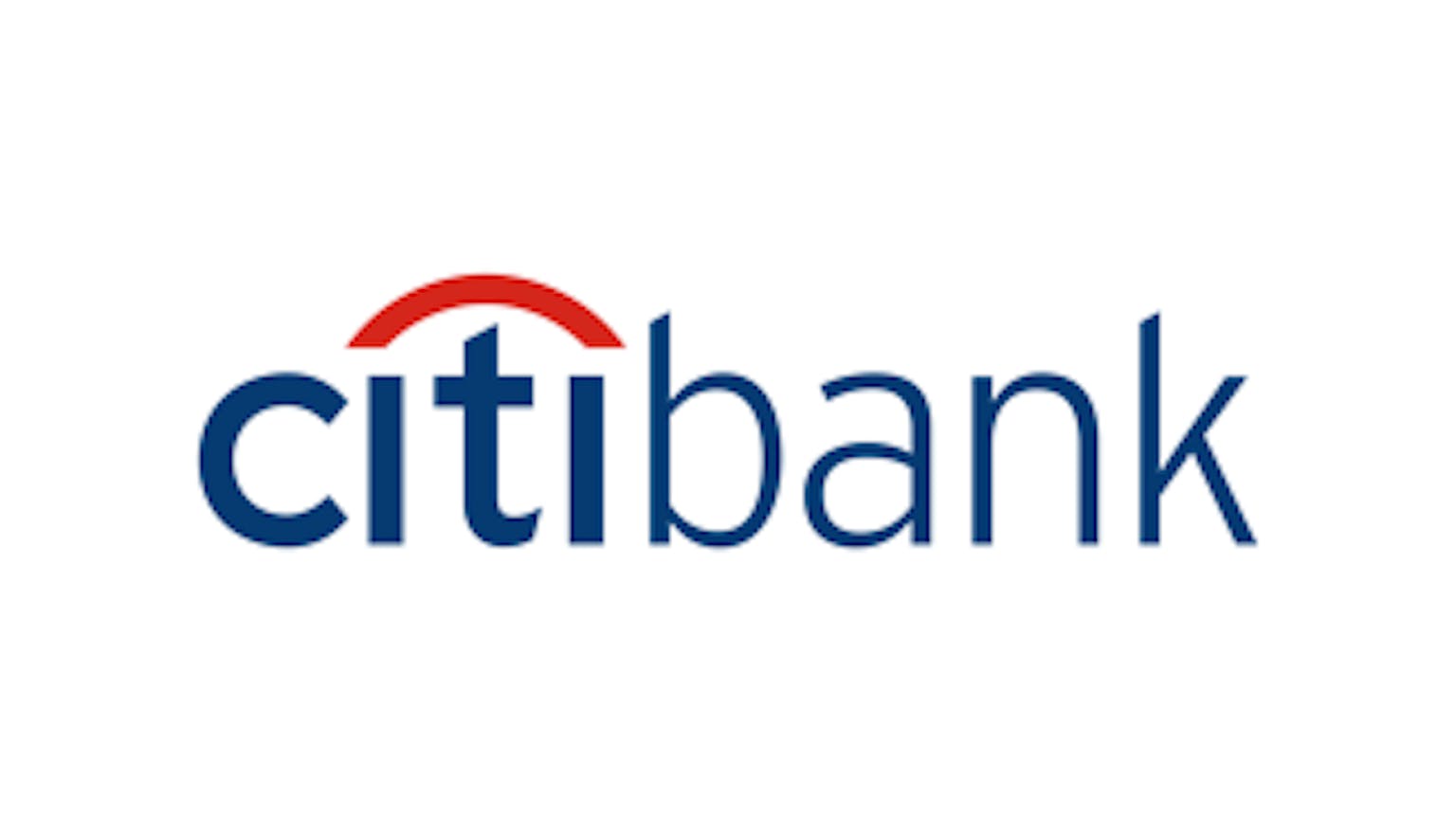
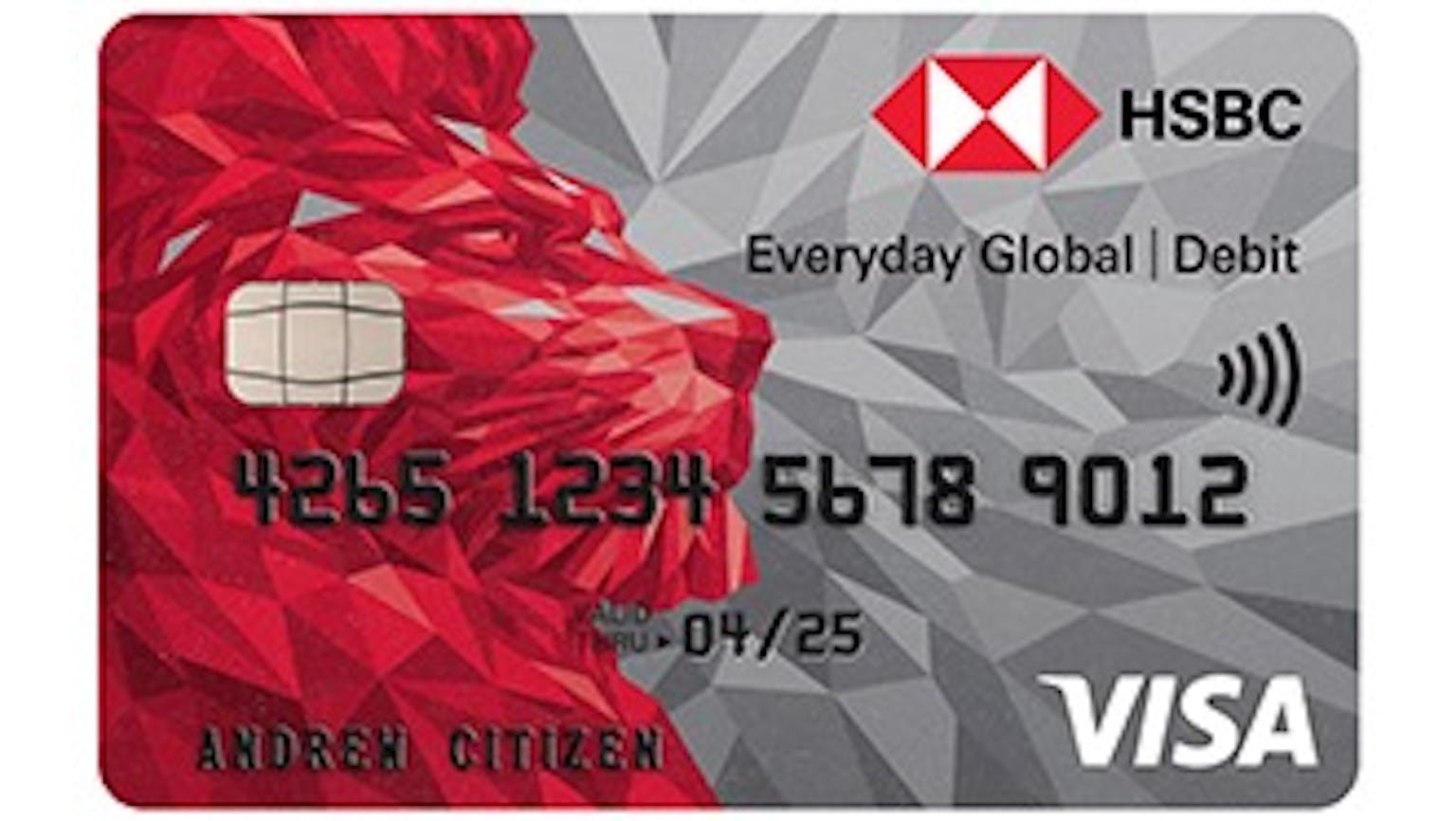
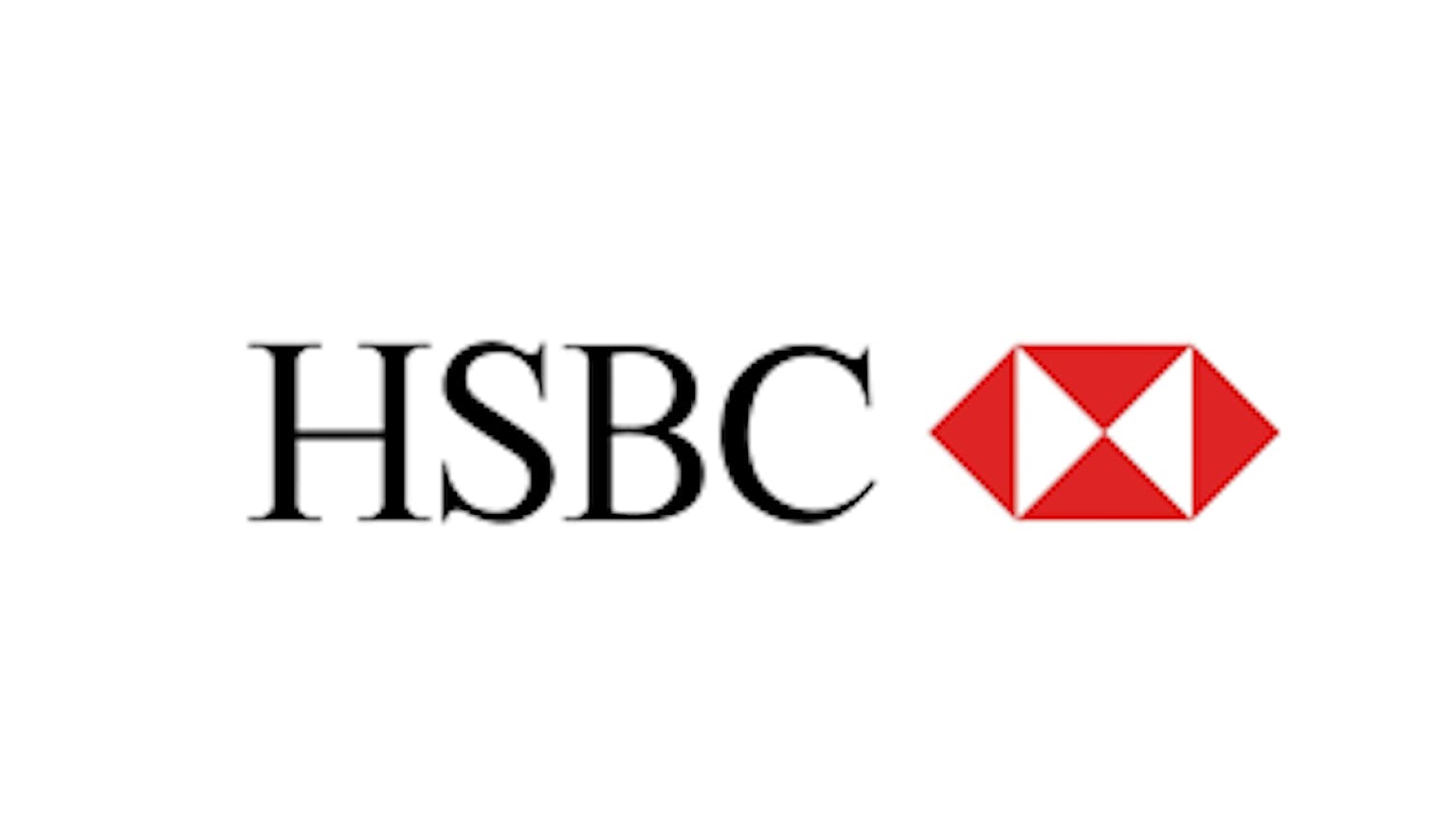

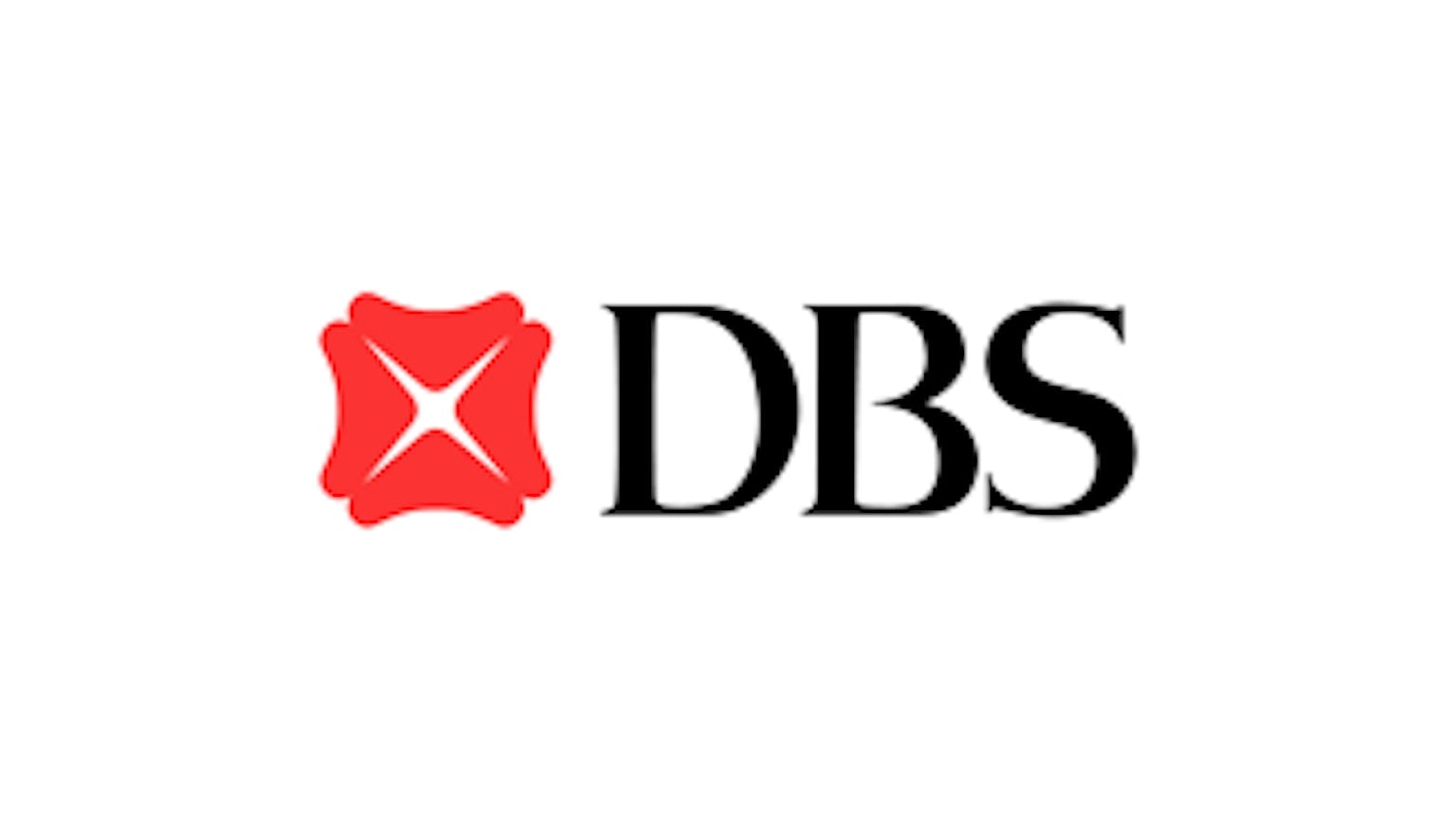
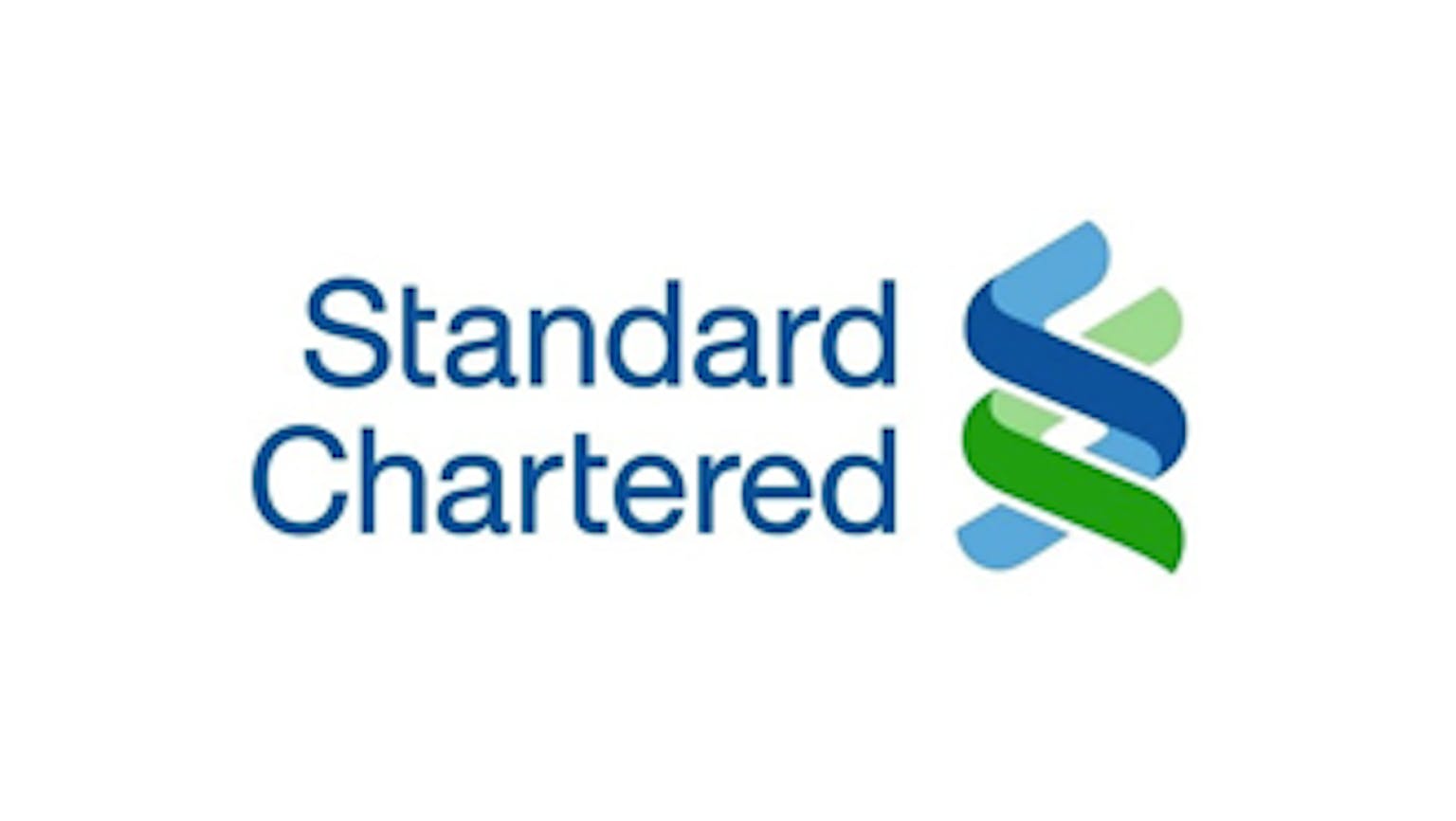
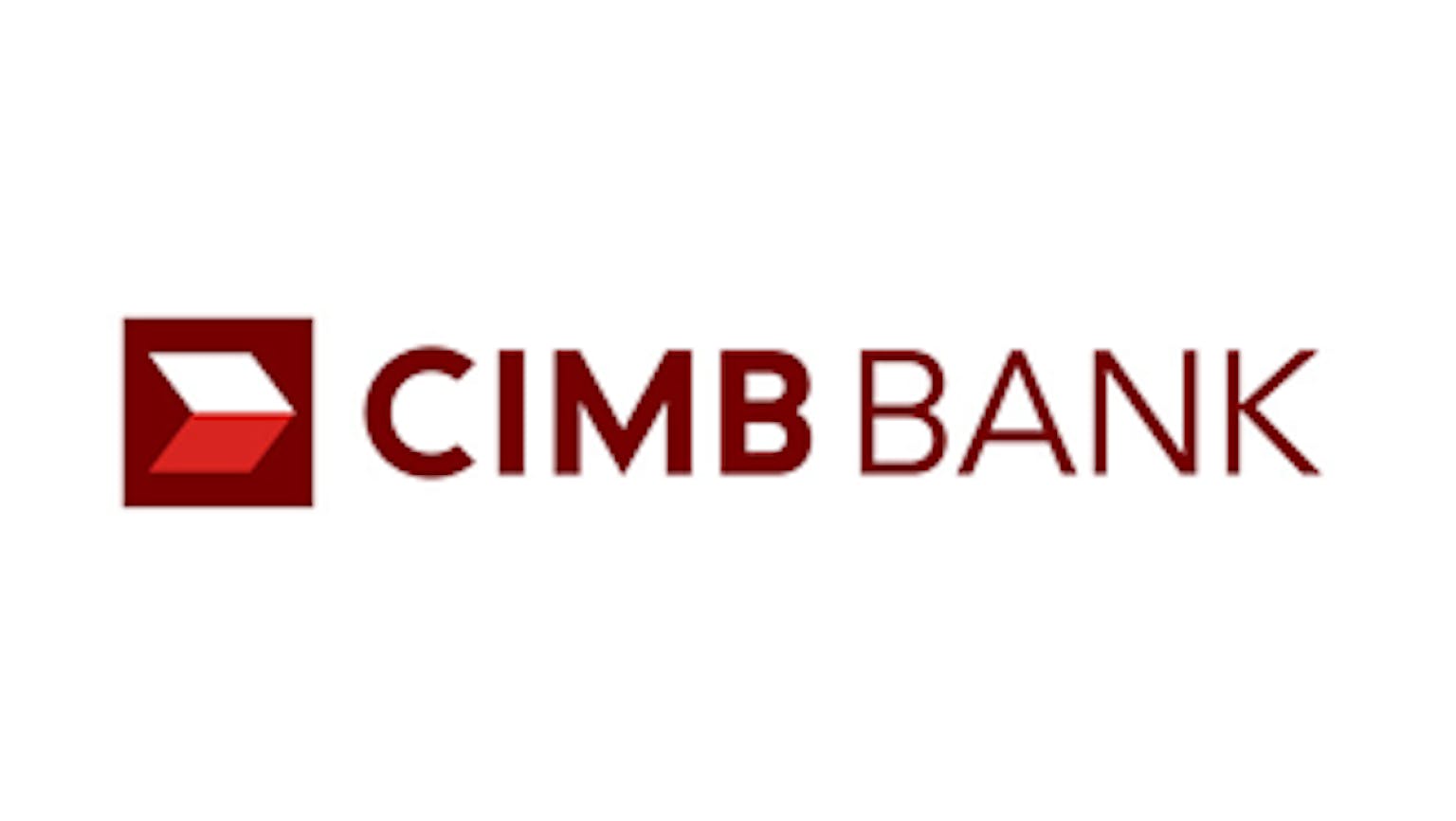

Please leave your knowledge and opinion!